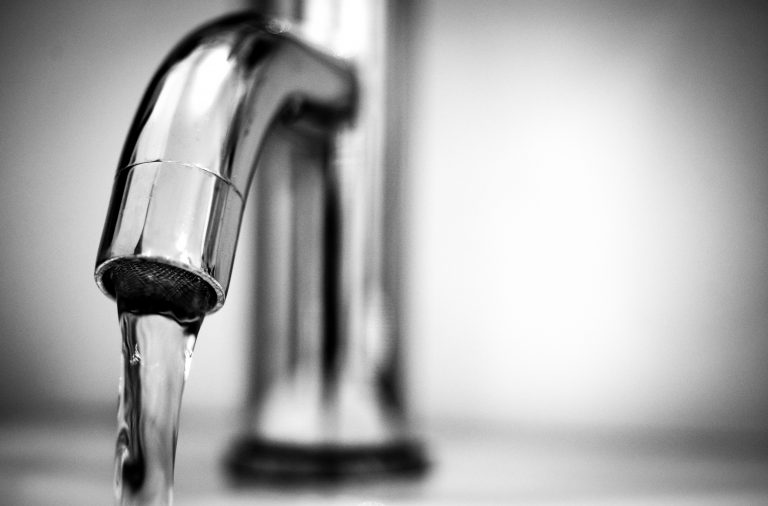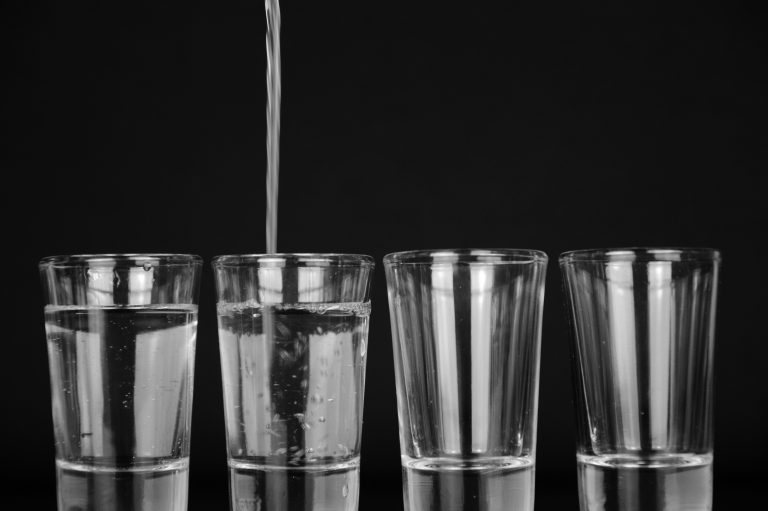The Impact Hard Water and Scaling Salts have on a Water System and the Benefits of Pre-Treating
Living in a hard water area can be a nuisance; it can shorten the life of your appliances, leave cloudy deposits on your dishes and even affect your health. But for businesses the effect can be costly, with an estimated £1 billion spent every year on replacements, servicing and maintenance of equipment damaged by limescale / scaling salt.
13 million households in the UK have been classified as having hard or very hard water; so does adding a pre-treating system really provide a solution?
Hard water is typically classified as water with high levels of dissolved compounds such as calcium, magnesium and occasionally other metallic elements. The hardness level of water was originally determined how difficult the water was to wash in. Hard water prevents soap lathering and typically causes a build up hardened scales – as seen in dishes.
The dissolved calcium and magnesium primarily make up the salt scaling on pipes and water heaters; they also are the main cause of problems in laundry appliances, kitchen and bathrooms.
Water hardiness is measured by the levels of calcium carbonate in parts per million (mg/l). In the UK is classified as below
| Hardness as CaCO3 mg/l | Water Hardiness Level |
| 0 – 50 | Soft |
| 51 – 100 | Moderately Soft |
| 101 – 150 | Slightly Hard |
| 151 – 200 | Moderately Hard |
| 201 – 300 | Hard |
| 300+ | Very Hard |
Counties with the hardest water levels:
| County | Water Hardiness Level |
| Bedfordshire | Hard to Very Hard Water |
| Cambridgeshire | Hard to Very Hard Water |
| Essex | Hard to Very Hard Water |
| Gloucestershire | Hard to Very Hard Water |
| Greater London | Moderately Hard Water |
| Oxfordshire | Hard to Very Hard Water |
Some effects of hard water are very obvious to the eye however there is much unseen and expensive damage hard water can cause too. Typically you can visibly see salt scale build up around shower heads and taps, cloudy shower screens, soaps and shampoos not lathering as much and dull hair and skin. However, the problem goes much deeper, scaling can affect the water flow and pressure in pipes, reduce the efficiency of your boiler and increase energy bills as inefficient systems are required to work harder and longer due to scaling salt build up.
It has been estimated that hard water is responsible for 70% of equipment failure in both homes and businesses – be it washing machines, dishwashers or general commercial equipment. It is therefore important to consider a water softening treatment to help eliminate any unnecessary costs to your home and business.
There are a multiple options available to help soften water, Salt-Based Ion Exchange Softener, Salt-Free Softener and Dual-Tank Water Softener. A Salt-Based Ion Exchange softener does exactly what it says, exchanges excess calcium and magnesium with sodium (salt). This method works great at preventing salt build up, however can have implications for your health. Salt-Free softeners regenerates with a potassium-chloride salt substitute rather than sodium – this option is great for those concerned about the implication of excess salt. This type doesn’t necessarily soften the water, but simply prevents hard water minerals from depositing as salt scales.
Dual-Tank Softener Units are great for larger homes and businesses, there is very little down time in the regenerating or recharging. This system involves two resin tanks, one in use whilst the other recharges, therefore producing a continuous flow of softened water.
Salt scaling and hard water effects a whole house or business, so for this reason we recommend treating the whole building or home rather than a specific tap or appliance. Contact us today to find out how we can help create softer water for your home or business.




